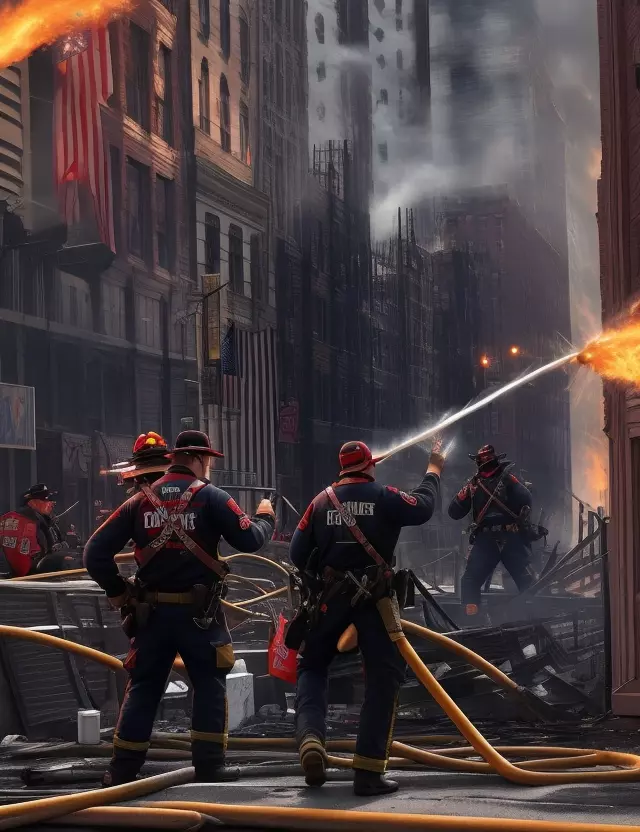1864 New York City Arson Attacks: Confederate Agents Attempt to Set Fire
Causing Substantial Property Damage during the American Civil War

Introduction
On November 25, 1864, a dramatic and clandestine event unfolded in the heart of the American Civil War—the attempted arson attacks on New York City by Confederate agents. This covert operation aimed to inflict substantial property damage and sow chaos in a key Northern city.
Historical Context
The American Civil War had entered its final stages in 1864, and Confederate leaders sought innovative strategies to disrupt Union operations. The decision to target New York City, a major economic and political hub, was part of a broader effort to weaken Northern resolve.
Confederate Espionage
Confederate agents, operating covertly within the city, orchestrated a series of arson attacks with the goal of setting significant fires. The agents aimed to exploit the city's vulnerabilities, causing panic and diverting Union resources from the war effort.
Arson Attacks
The coordinated arson attacks unfolded on November 25, 1864, resulting in multiple fires across New York City. Although the exact extent of the damage varied, the attacks caused substantial property damage and drew attention to the vulnerability of even well-defended Northern cities.
Impact on the Civil War
While the arson attacks on New York City did not alter the course of the Civil War, they underscored the lengths to which Confederate agents were willing to go in their efforts to disrupt Union activities. The attacks revealed the challenges of defending against espionage in densely populated urban centers.
Aftermath and Legacy
The aftermath of the arson attacks led to increased vigilance in Northern cities and heightened awareness of the threat of Confederate espionage. The incident remains a lesser-known aspect of the Civil War, highlighting the complexities and intrigues that defined this pivotal period in American history.



